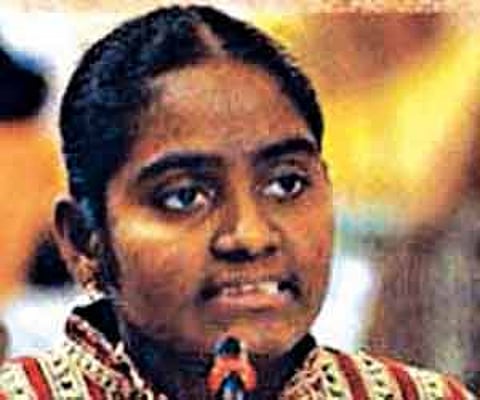

CHENNAI: Call her an HIV/AIDS evangelist, if you will. The first woman in India to declare herself HIV-positive, Kousalya Periasamy brought attention to the fact that the average Indian housewife was vulnerable to the infection. She set up an NGO, Positive Women Network, which has created a grassroots network of a support system for women living with HIV/AIDS in India.
Hers is a unique example of how a grassroots leadership can be transformed into a national resource that contributes to the medical, social and legislative responses to HIV at the community, State, and national levels.
In 1998, the network started up with just four founding members, all from Tamil Nadu. In 2002, it organised the first national consultation on women living with HIV/AIDS. By 2006, it had more than 5,000 members, with strong units in Karnataka, Kerala, Andhra Pradesh, Maharashtra, Gujarat, Manipur, West Bengal, Assam and Orissa. Real empowerment of a woman, according to Kousalya, can be achieved only when she takes decisions about her life and choices. “The family, the NGO and the State play a very important role in shaping this reality for women. Education will help them take decisions about their lives,” said Kousalya.
The Positive Women Network works on several fronts. It lobbies to improve the HIV/AIDS information delivery system for women. It also works to improve access to services by providing counseling, treatment, general health services, and drug rehabilitation.
In addition, the network advocates affirmative action for infected women in the form of employment, vocational training, and credit. It works to ensure access to healthcare for children affected by HIVpositive parents.
Kousalya’s efforts have resulted in policy changes at the highest levels.
For example, the National AIDS Control Programme (NACP), spearheaded by NACO, initially spent 80 per cent of its funds and personnel on prevention and the rest on care and support. Today, NACP divides its resources and efforts equally between prevention and care and support. Kousalya is now building a nationwide consensus on common objectives while transforming the old HIV outreach.